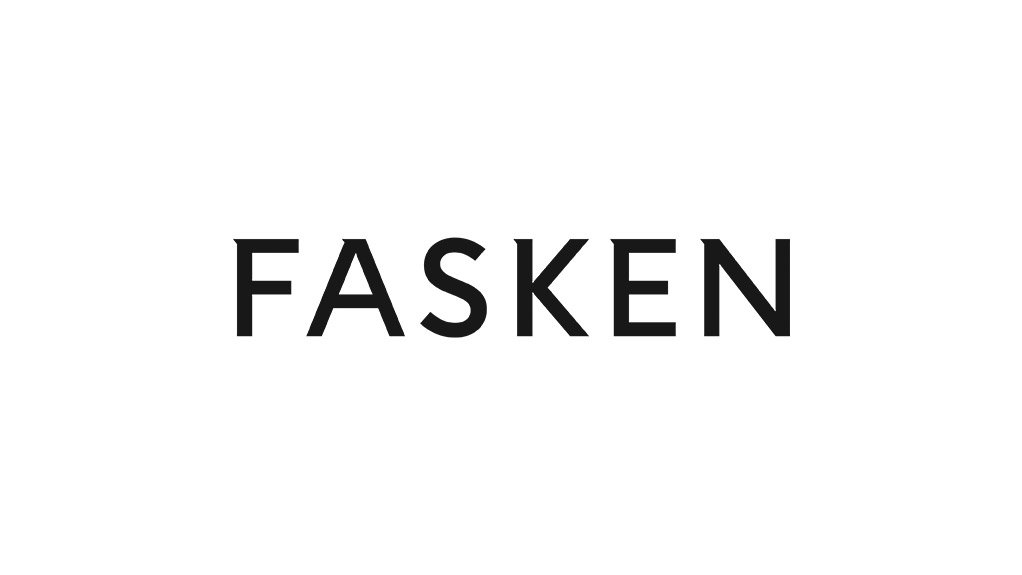which comprised over 20 formal, informal and bilateral meetings, commencing on 7 June 2017 and ending when all the trade unions signed the Settlement Agreement on 23 August 217.
The Settlement Agreement was concluded between the 21-employer Associations federated to SEIFSA and the industry’s five trade unions which are registered with the bargaining council and party to the Main Agreement.
Other than wage increases, there are no other material concessions arising out of the recently concluded agreement. To this end, wage increases on actual rates of pay, across the board (i.e. from grade A to H) have been agreed at 7% effective from 1 July 2017, 6. 75% effective from 1 July 2018, and 6.5% effective from 1 July 2019.
A key and important component of the deal is the commitment by all the signatories to prepare and submit to the Department of Labour a comprehensive and consolidated bargaining council collective Main Agreement for gazettal and extension to all non-party employers and employees falling within the scope of application of the Main Agreement. This document is in the process of being finalised between the parties and once ready will be submitted to the Management Committee of the Bargaining Council for the necessary processing in terms of the Councils Constitution and Section 32 of the Labour Relations Act, 66 of 1995, as amended.
Following the Labour Court’s decision in NEASA and others v Minister of Labour and Others, the extension and renewal of the 2011 and 2014 MEIBC Consolidated Main Agreements were set aside for failure to provide objecting parties with a fair opportunity to make representations prior to the decision to extend the Main Agreement to them.
For this reason, non-parties to the MEIBC have not been bound by the Main Agreement and have not been obliged to provide workers with the minimum terms and conditions prescribed for the industry.
Extension remains a contentious issue with the National Employers' Association of South Africa (NEASA) alluding to potential litigation to challenge the lawfulness of the extension primarily on procedural grounds as with the 2011 and 2014 Main Agreements.
Operations Director for the Steel and Engineering Industries Federal of Southern Africa (SIEFSA), Lucio Trentini, has advised that the parties are committed to following a fair and transparent process to ensure that any gazetting and extension will pass judicial scrutiny.
It is expected that the draft Consolidated Main Agreement will be tabled for consideration by the Bargaining Councils Management Committee in the new-year. Part of this process will entail the issuing of a certificate of membership by the Department of Labour, confirming the levels of membership of the respective parties - including the non-party employer associations who are registered with the bargaining council but have elected not to endorse the agreement.
This is an important element in meeting the various legal threshold set-out in Section 32 of the Labour Relations Act. Although this process has been riddled with technical issues and procedural hurdles, from a substance perspective, an extension of the Main Agreement is a welcome measure to align the industry. When considering the size of the industry and its players, as well as the potential for disparity particularly in wages, fairness dictates that all workers who fall within the technical schedules set out in the Main Agreement should be afforded the same benefits and protections regardless of who they are employed by.
By the same token though, fairness to employers must also be observed. While the provisions of the Main Agreement will apply to all employers falling within the scope of application of the Main Agreement within the metals and engineering industries, any extension of the Main Agreement must ensure that party and in particular non-party employers who may not have been complying with the provisions of the 2011 or 2014 Main Agreement have effective and efficient access to exemption processes which take into account their difficulties and that their pleas for relief are granted through the issuing of the necessary licenses of exemptions in order to minimise the unnecessary loss of much needed jobs.
Written by Sherisa Rajah, partner at Fasken
EMAIL THIS ARTICLE SAVE THIS ARTICLE ARTICLE ENQUIRY
To subscribe email subscriptions@creamermedia.co.za or click here
To advertise email advertising@creamermedia.co.za or click here











